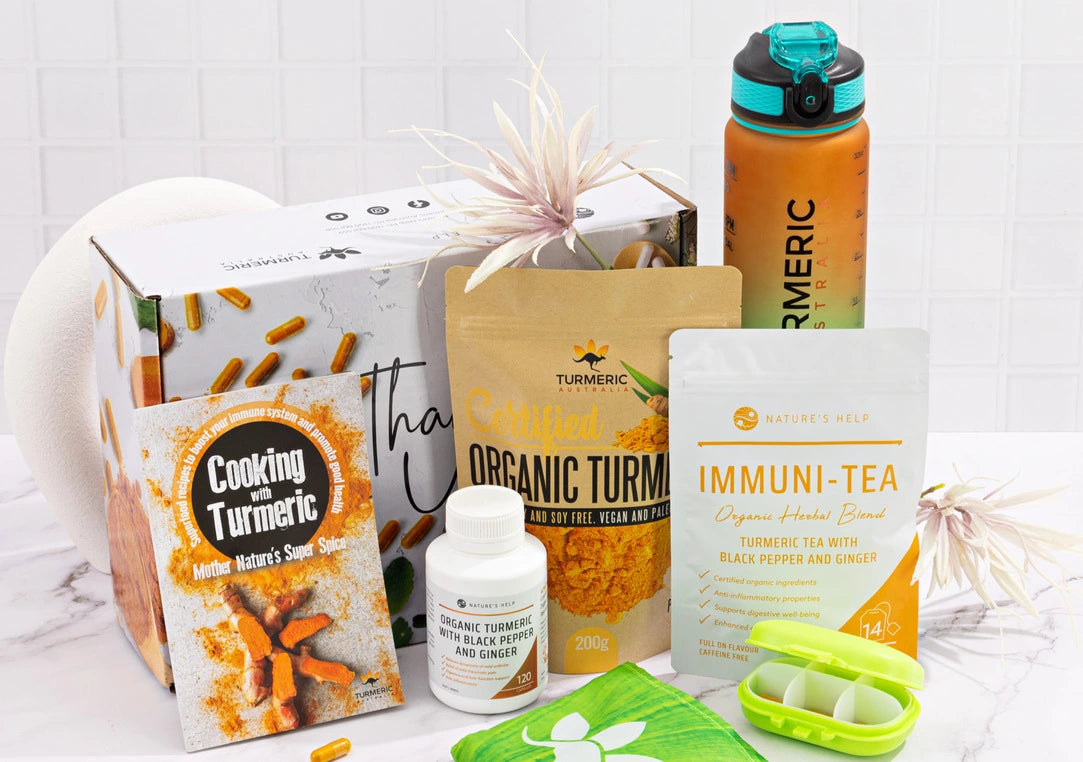Fighting Free Radicals
I’m sure you’ve heard of free radicals, yet, you may not know what exactly they are, what they do and how to fight them.
Free Radical
noun
CHEMISTRY
plural noun: free radicals
- an uncharged molecule (typically highly reactive and short-lived) having an unpaired valency electron.

Oxidative Stress Diagram. Vector illustration flat design
They are unstable fragments of molecules naturally created by our body to protect itself against viruses and bacteria or as a result of some metabolic processes. However, external factors such as stress, unhealthy eating habits, pollution, chemicals, preservatives and radiation contribute to an increased production thus throwing out the natural balance within your body.
Basically, free radicals throw your body ‘out-of-whack’.
Here are thirteen ways that may help reduce the production of free radicals and reduce the damage they cause.
1. Avoid foods rich in refined carbohydrates and sugars.
2. Limit processed foods that contain synthetic preservatives.
3. Limit foods high in iron as they are vulnerable to oxidation.
4. Don’t reuse cooking fats and oils. Heating fats and oils during cooking oxidizes them, generating free radicals which seep into our foods.
5. Limit alcohol. Alcoholic drinks not only are high in calories but also can produce free radicals in the body.
6. Eat foods rich in anti-oxidants, chemicals that inhibit the oxidation of molecules by neutralizing free radicals, thereby stopping them from causing cellular damage. Anti-oxidants are found in a variety of plants in the form of vitamins A, C and E, selenium and certain phytonutrients and polyphenols.

7. Look for foods with β-carotene, lycopene and lutein, including broccoli flowers, alfalfa sprouts, Brussels sprouts, carrots, collard greens, corn, mango and tomatoes.
8. Consider fruit for dessert. Apples, cherries, grapefruit, kiwi fruit, pawpaw, red grapes, blackberries, raspberries and strawberries are all high in free radical fighting anti-oxidants.
9. Grab some nuts and other foods rich in vitamin E, such as sweet potatoes.
10. Plant metabolites called flavonoids also demonstrate anti-oxidant functions. Some versatile anti-oxidant-rich flavonoids include eggplant, pears, red wine, citrus fruits, berries, legumes, soybeans, hemp and chai seeds, tofu and miso.
11. Enjoy anti-oxidant superfoods, those with high levels of more than one vitamin. These are prunes, blueberries, cranberries, figs, oranges, pomegranates, red capsicum, beetroot, kale, spinach, and dark chocolate.
12. Spice it up. Many spices have extremely high anti-oxidant properties and can be added into your meals of taken as supplements. These include ginger, grape seed extract, ginkgo, and turmeric.
13. Take time for tea. When the evening comes to an end, you can revel in a gentle and soothing cup of warm green tea and be comforted in knowing that the polyphenols in your brew also combat oxidation.
Please note: This article is not intended to diagnose, treat, cure, or prevent any disease. Results may vary from individual to individual.

